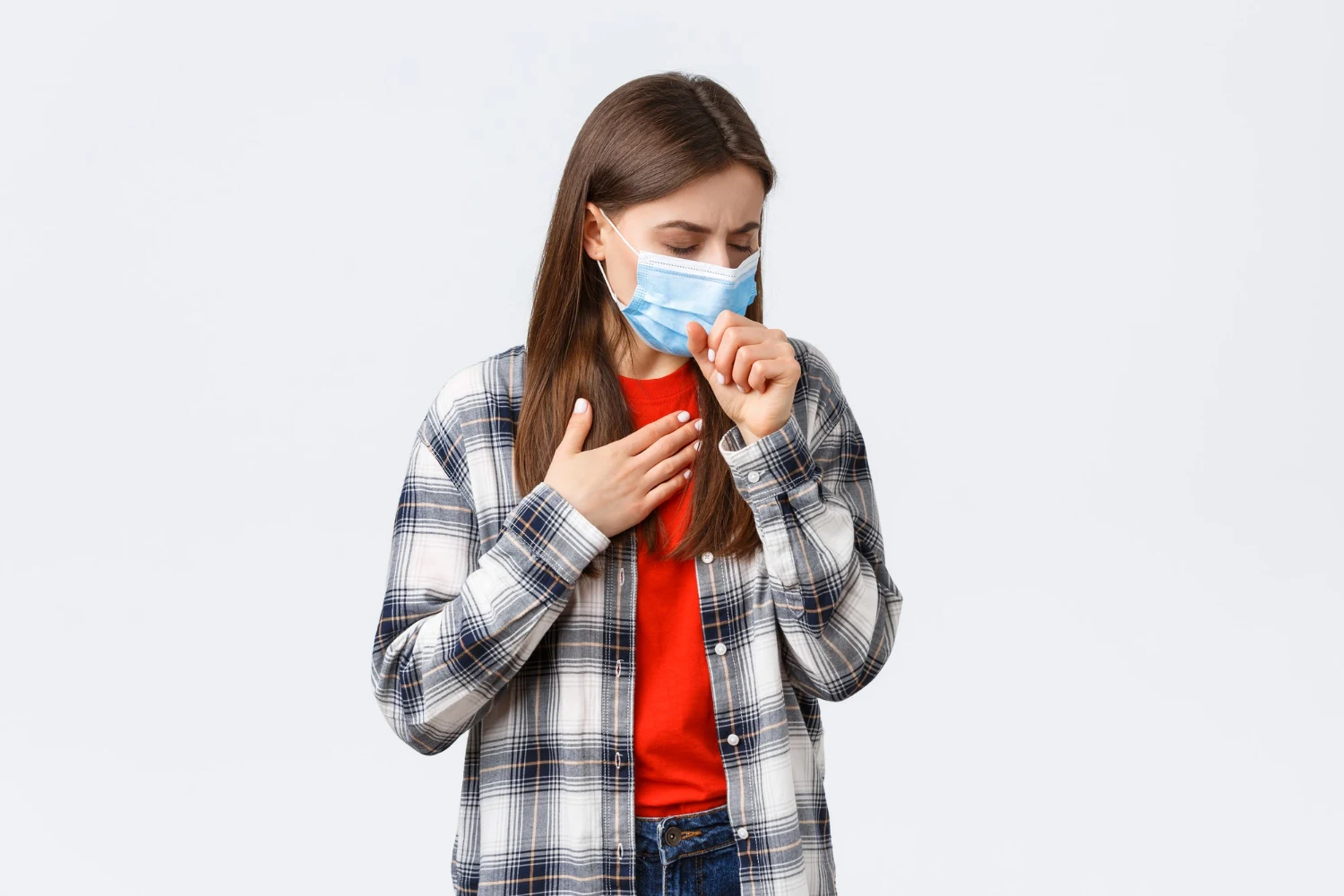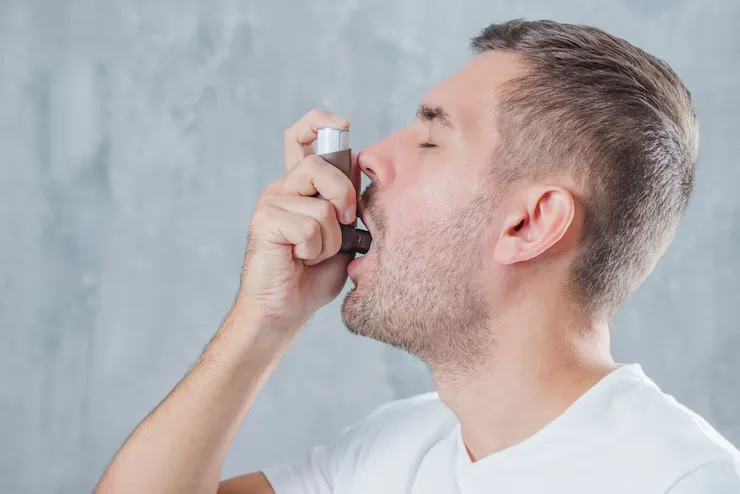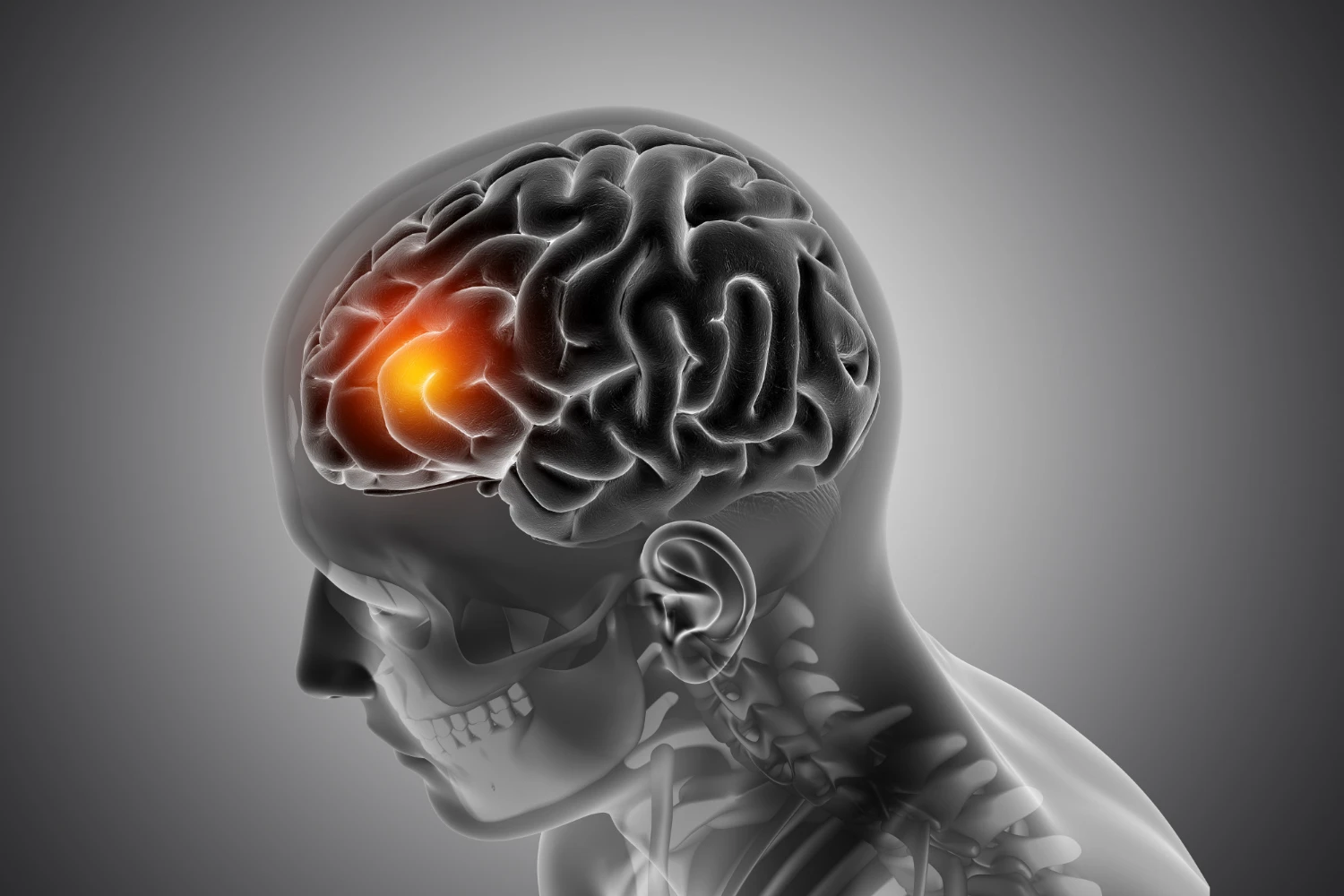What Is The Best Treatment For Asthma?
Category: Blogs
Asthma is a chronic respiratory condition that affects millions globally, characterized by inflammation and narrowing of the airways, causing difficulty breathing, wheezing, coughing, and chest tightness. Managing asthma effectively requires a well-rounded treatment plan tailored to individual needs. Understanding what is the best treatment for asthma is crucial to improving quality of life and preventing severe attacks.
At Lokmanya Hospitals, widely recognized as the best hospital for respiratory diseases and comprehensive healthcare, we specialize in advanced asthma management using personalized treatment approaches. Our expert pulmonologists combine the latest medical technologies and patient-centered care to ensure optimal outcomes for every patient.
What Is Asthma and Why Proper Treatment Matters?
Asthma causes chronic inflammation of the bronchial tubes, leading to airway constriction and increased mucus production. These changes make breathing difficult and can result in sudden asthma attacks.
Without proper treatment, asthma can significantly reduce life quality, leading to frequent hospital visits, missed work or school, and severe respiratory complications. Therefore, timely and effective asthma treatment is essential to control symptoms, reduce flare-ups, and maintain lung function.
What Is The Best Treatment For Asthma?
1. Inhaled Medications: The Cornerstone of Asthma Treatment
Inhaled medications deliver drugs directly to the lungs, minimizing side effects and maximizing effectiveness. There are two main types:
- Controller Medications: These are taken daily to reduce inflammation and prevent symptoms. Common examples include inhaled corticosteroids (ICS) like budesonide and fluticasone. Long-acting bronchodilators (LABAs) may be combined with ICS for better control.
- Reliever Medications: Also called rescue inhalers, these provide quick relief during asthma attacks by relaxing airway muscles. Short-acting beta-agonists (SABAs) like albuterol are commonly used.
Proper use of inhalers is vital, and at Lokmanya Hospitals, our respiratory therapists provide patient education to ensure correct inhaler technique for maximum benefit.
2. Oral Medications and Biologics for Severe Asthma
For patients with moderate to severe asthma not controlled by inhalers, oral medications such as leukotriene modifiers or systemic corticosteroids may be prescribed.
Biologic therapies—targeted treatments that modify the immune response—have revolutionized severe asthma management. Drugs like omalizumab and mepolizumab are prescribed based on specific asthma phenotypes and biomarkers.
Lokmanya Hospitals offers advanced biologic therapies under expert supervision, ensuring patients receive cutting-edge care.
3. Lifestyle and Environmental Control
While medications are essential, managing asthma also involves minimizing exposure to triggers:
- Avoid allergens such as dust mites, pet dander, mold, and pollen
- Refrain from smoking and exposure to secondhand smoke
- Maintain good indoor air quality using air purifiers and ventilation
- Manage respiratory infections with timely vaccinations and hygiene
Our multidisciplinary team at Lokmanya helps patients identify and manage environmental triggers, significantly reducing asthma attacks.
4. Regular Monitoring and Asthma Action Plan
Asthma is a dynamic condition requiring regular monitoring. Spirometry and peak flow measurements help track lung function over time.
An individualized asthma action plan, developed by pulmonologists at Lokmanya Hospitals, guides patients on medication use, symptom recognition, and emergency steps during exacerbations. This proactive approach ensures timely interventions and reduces hospital admissions.
5. Complementary Approaches and Patient Education
Breathing exercises, yoga, and stress management techniques complement medical treatment by improving lung capacity and reducing anxiety-triggered symptoms.
At Lokmanya Hospitals, patient education programs empower individuals to take control of their asthma, enhancing adherence and long-term control.
When Should You Seek Medical Help for Asthma?
Immediate medical attention is necessary if you experience:
- Difficulty speaking or walking due to breathlessness
- Bluish color of lips or face
- Persistent wheezing or coughing despite medication
- Rapid worsening of symptoms
Early intervention prevents complications and improves prognosis. Lokmanya Hospitals’ emergency and specialized respiratory care units are equipped to handle severe asthma attacks promptly and effectively.
Why Choose Lokmanya Hospitals for Asthma Treatment?
Lokmanya Hospitals stands out as the best hospital for respiratory and asthma care because of its patient-focused, multidisciplinary approach. Our team of expert pulmonologists, respiratory therapists, and allergists use the latest diagnostic tools and treatment options, including advanced inhaler therapies, biologics, and personalized care plans.
With Lokmanya Hospitals, you receive not just treatment but holistic care, combining innovation, experience, and compassion to ensure the best possible outcomes for your respiratory health.
Conclusion
The best treatment for asthma is a combination of appropriately prescribed medications, lifestyle management, environmental control, and regular medical monitoring. Inhaled corticosteroids and bronchodilators remain the foundation, while biologics offer hope for severe cases.
Choosing the right healthcare provider is critical. At Lokmanya Hospitals, recognized as the best hospital for asthma treatment and respiratory care, patients receive cutting-edge therapies and compassionate support. Our commitment to personalized care makes Lokmanya the preferred choice for those seeking the best in asthma management and overall health with comprehensive medical services.
Take charge of your respiratory health today by consulting the experts at Lokmanya Hospitals—where the best treatment meets the best care.
FAQs About Asthma Treatment
- Can asthma be cured permanently?
No, but with the best treatment, symptoms can be controlled effectively. - Are inhalers safe for children?
Yes, when used properly under medical supervision. - How often should asthma medications be taken?
Follow your doctor’s instructions; controller medications are usually daily, relievers as needed. - Is it necessary to avoid all triggers?
While total avoidance may be challenging, minimizing exposure significantly helps control symptoms. - What is the best treatment for asthma?
Treatment varies but generally includes medications, lifestyle changes, and trigger avoidance. - When should I start treatment?
Early diagnosis and initiation of treatment reduce long-term damage. - Why do some people need inhalers while others don’t?
Asthma severity varies; treatment intensity matches symptom control needs. - Can asthma be cured?
Asthma cannot be cured but can be well managed with proper treatment. - What is the best treatment for asthma?
Treatment varies but generally includes medications, lifestyle changes, and trigger avoidance.
Previous blog

How To Reduce High Blood Pressure?
Next blog






